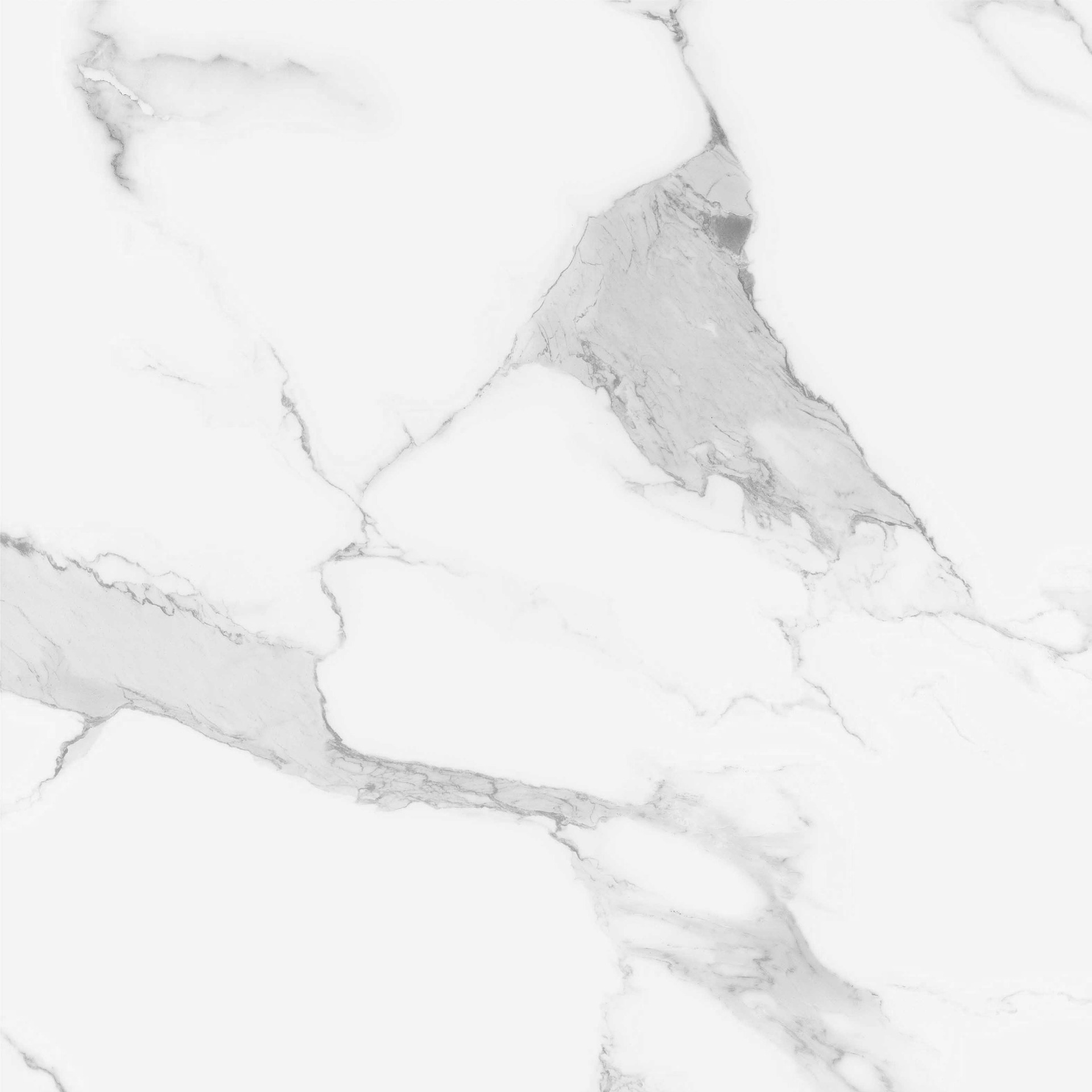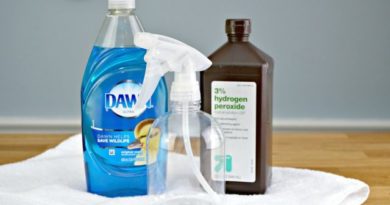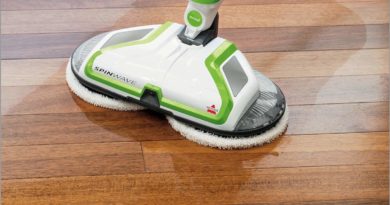How to Clean Stone Tile Shower
**Articles may contain links that I earn compensation for if clicked and you make a purchase. As an Amazon Associate, I earn from qualifying purchases. These earnings do not actually impact the price of the product or service.
Natural stone tiles for showers have remained popular in bathrooms worldwide because of their beauty and long lifespan. Travertine, granite, and marble are the most common examples of natural stone.
These natural stone materials are less porous compared to the other types of natural stones and stone surfaces. Hence, customers often use them for both bath floors.
Impressively, natural stone showers can last a lifetime if maintained properly. A big part of this task comprises the cleaning of the natural stone surfaces.
On that note, experts discourage homeowners from using harsh chemicals to clean natural stone showers. This advice comes from the fact that such chemicals, warm water, and soap scum can scratch the tile’s glossy surface and grout. Therefore, avoid using those solutions on natural stones since they can damage your stone tile shower.
Aside from that, we’ve shared a lot more tips and tricks to get rid of soap scum and for a clean natural stone shower. Hence, here’s how to care for your natural stone shower.

Table of Contents
What to Avoid When Cleaning Your Natural Stone Shower
Before sharing the best ways to maintain natural stone materials, we’ll touch on what you should avoid if you want to preserve their original stone finish.
Do Not Use Harsh Acidic Cleaners
When cleaning the bathroom, your first instinct may be to use harsh acidic cleaners like ammonia or vinegar to remove hard water stains and soap scum. These cleaners are great for many materials but not for natural stone tile.
The high pH level in acid cleaners can erode the satin-smooth surface of stone tile, marble, and granite shower walls. So, the usage of acidic cleaners will eventually discolor any natural stone building material.
Furthermore, leaving stone constantly exposed to ammonia can present a unique set of issues. Also, if you are not careful and mix bleach with ammonia, you’ll instantly damage your shower with that toxic combination.
Therefore, similar to cleaning in other locations, take certain measures to protect the surface around the shower. Plus, there are many ways to deal with hard water stains on a marble surface via frequent cleaning.
Do Not Use Abrasive Liquid or Powdered Cleaning Scrubs
Abrasive cleaners can cause damage to stone shower tiles as well as glass shower doors. In other words, this combo can do more harm than good if you use it near your shower.
The Best Ways to Maintain a Clean Natural Stone Shower

Now that we’ve looked at what should be avoided, we can dive into the most trusted methods to maintain your natural stone shower.
Use Microfiber Towels or Other Soft Cloth to Clean Natural Stone Tile
Usage of soft cloth, like microfiber towels, is recommended for cleaning natural stone. They are great for wiping away skin cells and shampoo oils from the stone tiles.
At the same time, you can rinse your whole shower with them since they are not abrasive. Afterward, remember to wash and rinse the cloths after every use. In that way, you’ll keep them ready for the next time you start cleaning.
Use a Soft Bristle Brush to Clean Your Stone Shower
If you plan on doing a deep clean, we recommend a soft bristle brush over a clean cloth. The brush tackles hard stains and soap with more precision and strength.
Similar to the idea of using a microfiber cloth, soft bristle brushes help remove dirt, bath oils, and soap scum from your tiles with minimal damage to the stone surface.
Therefore, this method will not result in scrapings on the stone sealer of any granite or travertine tile.
Clean Your Marble Shower Using Mild Detergents or Soap
As we mentioned earlier, harsh and abrasive cleaners are less than ideal for your stone shower walls. However, a mild detergent or stone soap with your cloth/brush can safely dissolve dirt and oil-based stains.
We recommend putting a few drops of mild detergent and a half cup of warm water into a spray bottle. In that way, you can precisely rinse each stone tile and even reach behind your shower.
Utilize Hydrogen Peroxide
One of the most complex parts of cleaning bathroom floors and walls is removing stains from the grout. For decades, homeowners have used hydrogen peroxide for this task.
To remove grout stains, make a paste out of baking soda and hydrogen peroxide and apply it to the grout lines. When added to baking soda, hydrogen peroxide causes a foaming reaction.
After the foaming ends, you can use a microfiber towel to wipe off the mixture. The result is good-as-new grout lines!
 Make Use of Heat and Steam to Rinse Your Shower
Make Use of Heat and Steam to Rinse Your Shower
Heat and steam are your friends when cleaning natural stone, especially if you want to limit your use of chemicals. Using a steam cleaner helps melt away hardened soap and bacteria without using any toxic or harsh ingredients.
Periodically Re-Seal Your Natural Stone
To seal natural stone means to add another layer of protection around your shower area. This extra layer ensures that water, oil, soap, and other liquids do not penetrate your tiles and cause discoloration and stains.
Sealing significantly extends the lifespan of natural stone tiles and gives them a polished finish. Experts recommend that you re-seal your stone tiles every few years.
Re-sealing your stone tiles is also advised at any point where you notice that water no longer beads on the tile’s surface.
Drain the Excess Water
This last tip is more of an everyday recommended practice than cleaning advice. In short, prevent the build-up of soap scum by removing excess moisture from your shower after every bath.
Therefore, use a microfiber towel to soak any extra moisture. The lack of moisture will leave your natural stone shower clean for longer and preserve its typical granite look.
Final Thoughts
Natural stone tiles are always a good idea for your shower, whether you opt for a marble, granite, or travertine tile. Stone tiles not only elevate a space, but they are also cost-effective because of their long life span.
By frequently cleaning your stone shower, you can ensure its longevity. Remember, don’t use harsh cleaners to get shampoo and other liquids off your bathroom floor. Instead, look for a mild natural stone cleaner and use it with soft cloths and soft bristle brushes.
Simple habits like wiping down the stone shower and glass doors to remove excess water will save you loads of time and money down the line. At the same time, it will make cleaning easier and less time-consuming to rinse your natural stone shower.


